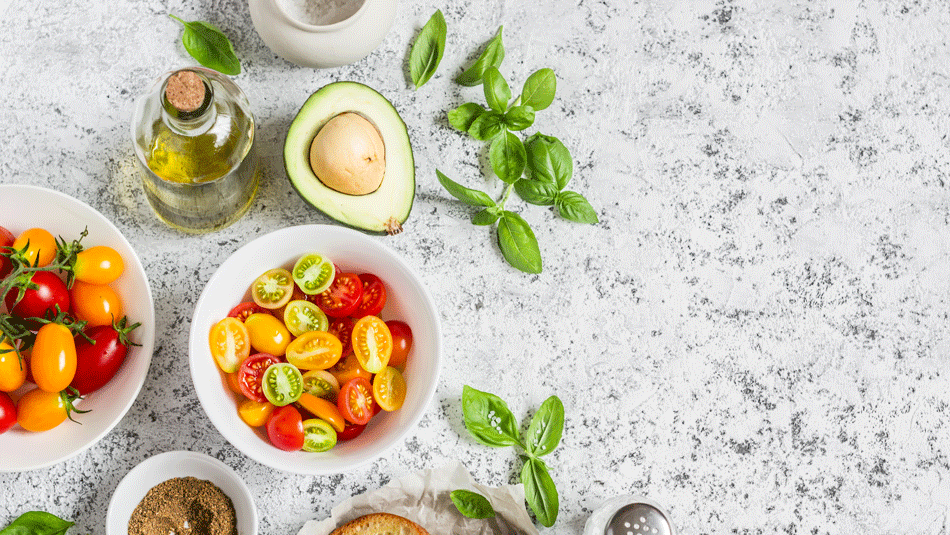For thousands of years, people have been extracting oil from bitter olives to add a subtle dose of fat and flavor to their meals. Now though, olive oil's popularity has reached unforeseen proportions thanks to its unique flavor and its proven health benefits.
However, the improvements that olive oil can make on a dish are only as good as the olive oil that you use. An ordinary oil will only be good. An extraordinary one will elevate even modest ingredients to new heights.
Selecting a good oil for the price is not always easy. Thankfully, partial clues to its quality can be found by looking at its label and price tag. Ultimately though, the best way to determine the quality of the oil is to test and compare different bottles against one another. And that takes time and know-how.
- In cake batter, it is the secret to a moist, tender cake with lots of character.
- It has Vitamin E which is great for your skin, hair, and nails.
- It will pack each dish with a wallop of antioxidants.
- Olive oil elevates ordinary food to extraordinary status.
- It's a great way to take care of your wooden cutting boards without buying extra products.
- It can help you create authentic, regional dishes because of its distinct flavor.
- The good quality stuff makes an awesome ice cream flavor.
The Types of Olive Oil
1. Refined
Out of all the olive oil produced worldwide, only about 30 percent is untouched after extraction. The other 70 percent is treated with solvents and high heat to mask any taste of imperfection that could result from low-quality olives. Often refining will even combine lower quality oils from a variety of sources. So make sure you watch what you're buying.
At the store, any label that says "Pure Olive Oil" or simply "Olive Oil" indicates that the contents have been refined.
2. Unrefined
https://www.instagram.com/p/BTmc9cjFxuS/?tagged=oliveoil
Unlike refined oils, unrefined ones do not undergo any chemical refinement. In fact, for the highest quality ones, there is no further processing than simply extraction and bottling.
To produce oil of this quality, however, the fruit that is selected must be in top-notch condition because the flavor will not be masked by oxidization or any other process.
3. Extra Virgin
Extra virgin oils are "perfect" unrefined olive oil. They have higher quantities of nutrients than the other grades and are also considered to have no taste defects. That means that a good quality oil will exhibit a full, fruity flavor that is slightly bitter.
Yes, good EVOO should be slightly bitter. Contrary to what you may believe, bitterness is a reflection of high-quality production.
How to Buy Olive Oil
Once you know what type of oil you need, you'll have to select the region from which to buy. California, Spain, and Italy are the biggest producers of this kitchen staple with Spain being the largest producer of them all.
And just like the cuisine of each country, the olives grown on each distinct terrain possess their own unique characteristics. It is only by trying a few from each region that you will learn which tastes you prefer.
However, always look for olive oils that indicate a "harvest date" within the last year. If you are unable to find that label, select a bottle whose "best by" date is at least a year in the future.
Pairing Olive Oil with Food
https://www.instagram.com/p/BTmusuOlisv/?tagged=oliveoil
With thousands of olive oils to choose from and each with its own unique characteristics, selecting the perfect oil to pair with your dish can be a challenge for home cooks.
However, there are a few rules of thumb that you can keep in mind when browsing the shelves of your local supermarket for the perfect companion to your dinner.
Rule 1: Extra Virgin may not be the best for cooking.
If you heat up extra virgin olive oil to cooking temperatures, you will lose some of its flavor because the heat is in effect devirginizing the oil by "refining" it. Still, it is a better choice than some other oils if it is all you have available in your kitchen cupboard.
Rule 2: Use lower grade oils for frying.
Remember to fry your food in combination olive oil. "Olive oil" grade oil is particularly good for deep frying because of its high smoke point (410 degrees F).
Rule 3: Use extra virgin olive oil as a condiment.
For the same reasons that you don't necessarily want to cook with extra virgin olive oil, it is a good option for drizzling accent flavor onto your dishes. Pour some on your salad or put a few drops on some feta cheese, you'll notice its effects with your first bite.




